Heroic Christian Victory over the invading Muslim Moors
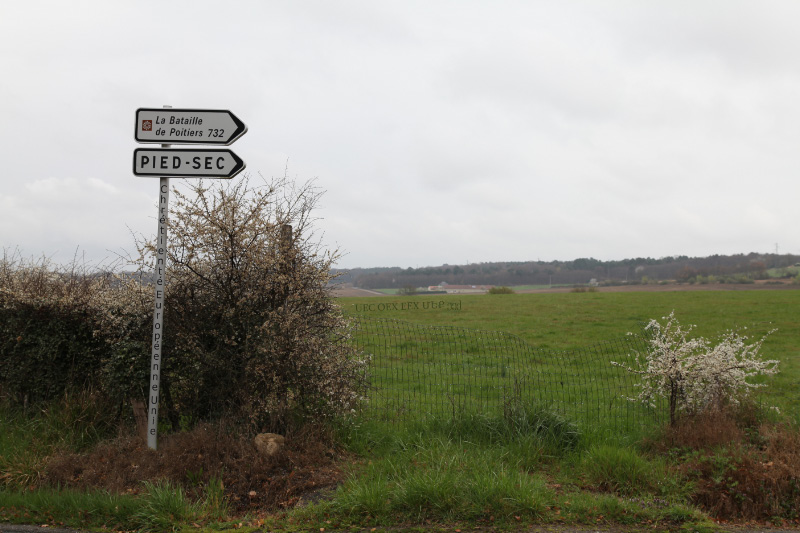 |
|
A bit of near symmetry in the unfolding story of God's gift of Salvation:
One sees in 1 Samuel 8 the entreaty from the people of Israel — from the Twelve Tribes of Israel — Give us a King! But by in 722 B.C. the |
| |
|
|
| |
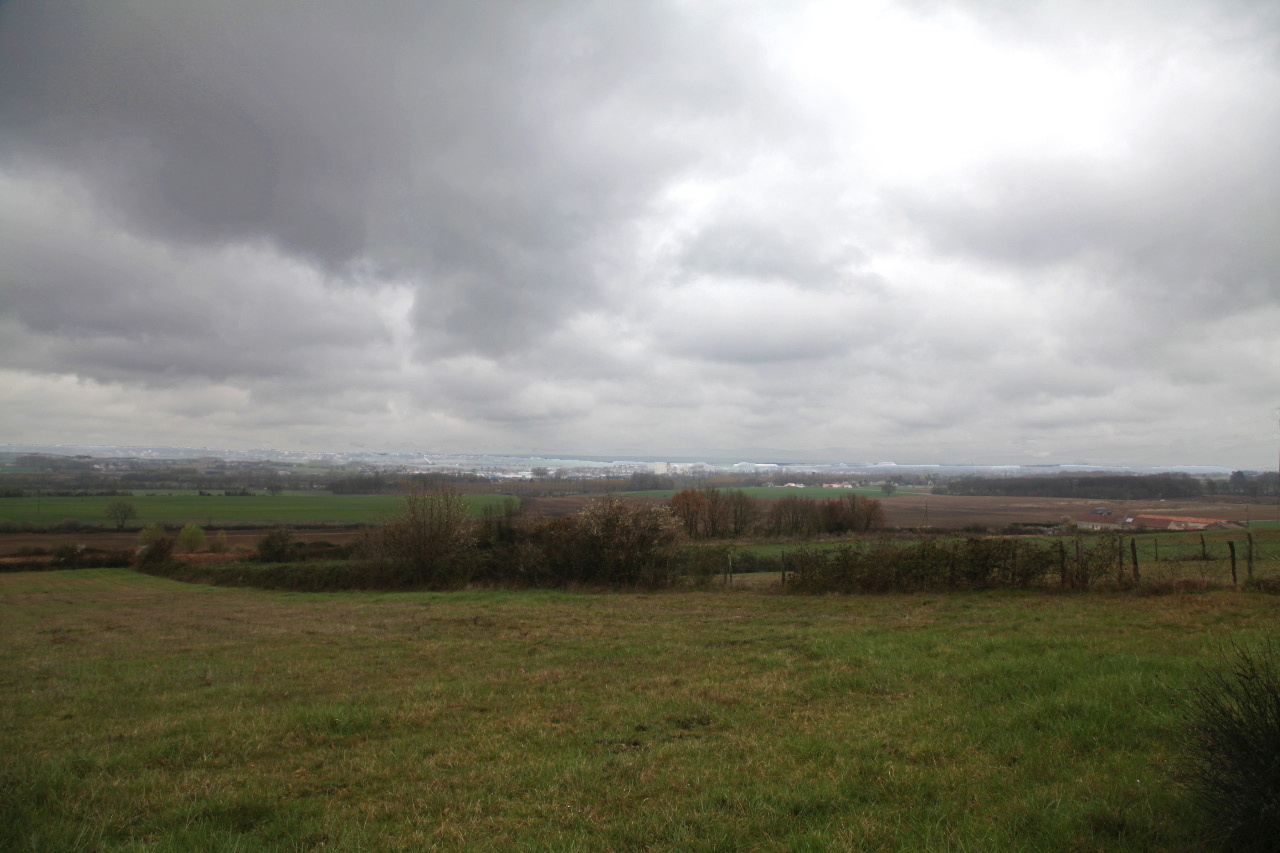 |
|
| |
|
|
|
|
| |
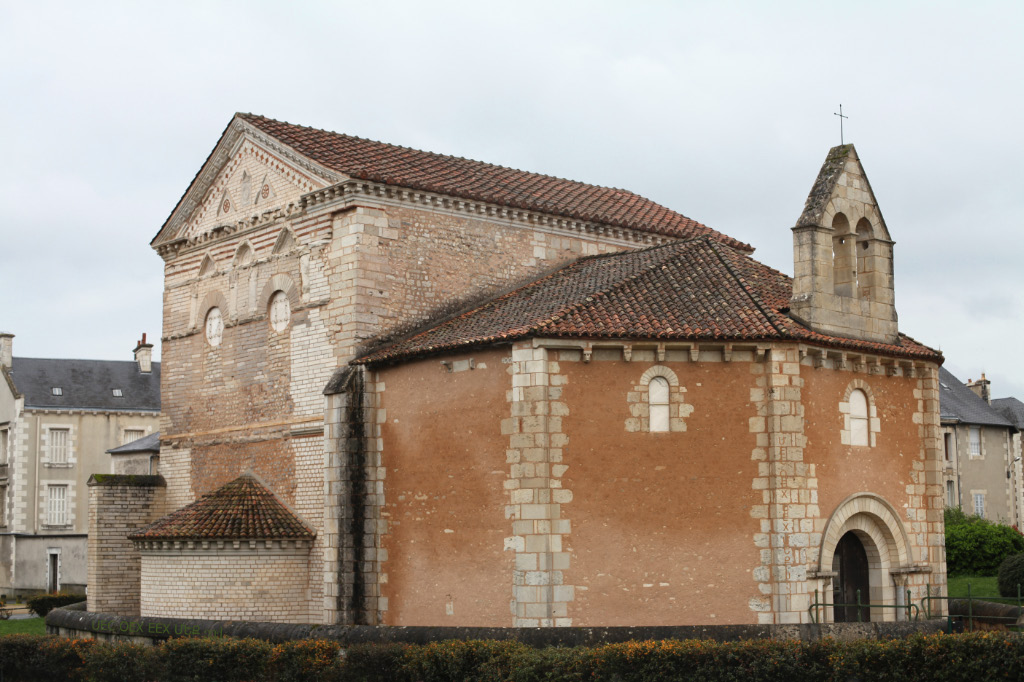 |
That He commands His disciples to enter the ship and to go across the sea, while He sends the multitudes away, and after that He goes up into the mountain to pray; He therein bids us to be within the Church, and to be in peril until such time as returning in His splendour He shall give salvation to all the people that shall be remaining of Israel, and shall forgive their sins; and having dismissed them into His Father’s kingdom, returning thanks to His Father, He shall sit down in His glory and majesty.
Meanwhile the disciples are tossed by the wind and the waves; struggling against all the storms of this world, raised by the opposition of the unclean spirit. |
| |
Saint Hilary in Catena Aurea
(And note, "Israel" means The Church. Dual-covenant theology is error and heresy for Catholics and Orthodox and Non-Chalcedonian Oriental Orthodox.) |
|
| |
Baptistère Saint-Jean - Baptistery of St. John, Poitiers
Perhaps the oldest Christian building in France, originally constructed around 360,
contemporary with the episcopacy of Bishop Saint Hilary.
Hilarius Pictaviensis - Hilaire de Poitiers - Hilary of Poitiers
Malleus Arianorum - Hammer of the Arians - Athanasius of the West
(* c. 300 – c. 367 †); Bishop of Poitiers, Doctor of the Church. |
|
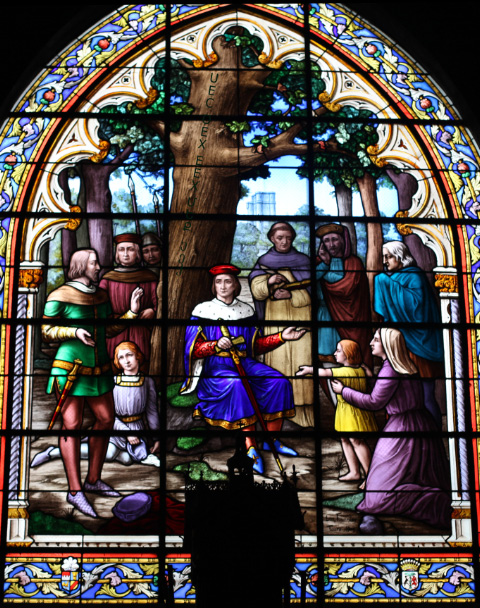 |
|
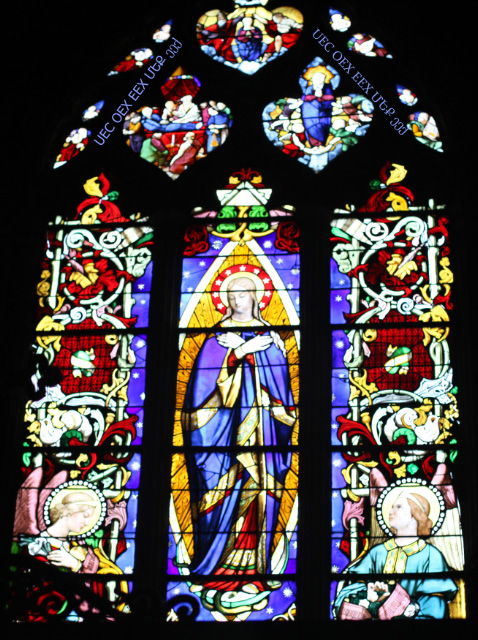 |
| |
|
|
| |
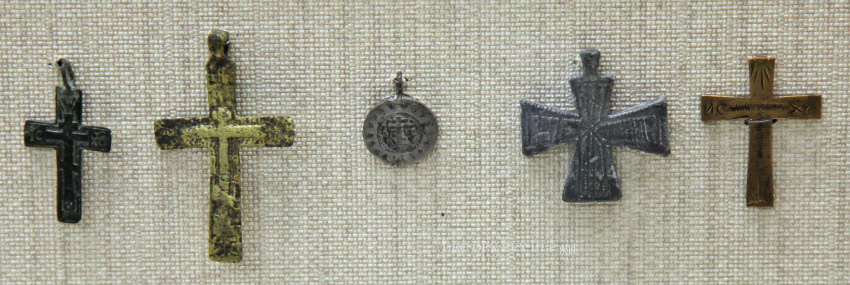 |
|
| |
Christian Crosses found on the battlefield of the Crimean War |
|
| |
To our collective shame, the constituent peoples of European Christendom have fought many wars with countless battles against each other.
(One particularly memorable and much memorialized battle was fought in one such civil war of Christendom on this very date of 25 October, but 1122 years later. Reference is of course to the Battle of Balaclava and its Charge of the Light Brigade on 25 October 1854, part of the October 1853 to February 1856 Crimean War. This battle and charge again remind us all and in nearly the starkest possible terms of the clear difference between the valor of warriors and the wisdom of warlords. Though indeed even such a statement is insufficient for the case, as the Crimean War involved not only the decision of French, British and Sardinian heads of state, government and armies to war against brother Christians, not only a failure of wisdom and the piety of peacefulness, but rather also their decision to do so in order to advance the cause and geopolitical — that is, civilizational — position of the Muslim Turks! Again, brave Christian men, but men led by treacherous and treasonous betrayers of Christendom, with implications rippling into the Twenty-First Century Muslim demographic replacement menace to European Christendom.)
Yet there have been other kinds of epic struggles fought by men led by other kinds of leaders which have been just. In our collective struggle to prevent the Muslims from attaining their ultimate goal of subjugating all Christian peoples, all of Christendom and above all European Christendom, to their overlordship and of forcing us to accept their non-divinely-inspired creed, or to pay the Jizja and "feel ourselves subdued," few moments over the past 1400 years have been of a significance comparable to the Christian victory under the leadership of French General Charles Martel over the invading Muslim Moors at La bataille de Poitiers — the Battle of Poitiers on 25 October 732, also called the Battle of Tours. (The battlefield is much closer, only about 20 kilometers to the Northeast of, Poitiers.)
In fact only three events might be judged over the telescopy of time to have been of comparable significance, these being the Battle of Kulikovo Field - Битва на Куликовом поле или Куликовская Битва on 8 September 1380 under the generalship of Saint Dmitrii Ivanovich Donskoi, Prince of Moscow and Grand Prince of Vladimir - Св. Дмитрий Иванович Донской, Князь Московский (с 1359) и Великий Князь Владимирский (с 1363) and with the spiritual guidance of Saint Sergius of Radonezh (1314-1392) - Изображение Сергия Радонежского; the Christian victory in the Battle of Lepanto on 7 October 1571 in which sailors, oarsmen and soldiers of the Holy League of the Republic of Venice, Hapsburg Spain, the Papal States and Genoa, Tuscany, Malta and Savoy under the command of John of Austria - Don Juan de Austria - Ritter Johann von Österreich, son of Holy Roman Emperor Charles V and half brother of King Philip II of Spain, decisively defeated the Muslim Ottoman Turkish Fleet in the Gulf of Patras, Greece, preventing Turkish domination of the Mediterranean Sea and a Turkish invasion of Italy and the Christian Europe so divided by the wars and devastation which flowed from the Protestant Reformation; and the Christian victory over the invading Muslim Turks on 12 September 1683 at the walls of Vienna by the forces of the Holy Roman Empire and the Polish–Lithuanian Commonwealth under the command of Jan III Sobieski, King of Poland and Grand Duke of Lithuania.
In all four battles the victorious Christian forces had been outnumbered or greatly outnumbered.
And to this list of four watershed battles must of course be added the Reconquista - the expelling of the Muslim Moors from the Iberian Peninsula - which took place over the nearly eight-century period between the Battle of Covadonga in 722 and the final defeat of the Muslims in 1492 under the reigns of the Catholic Monarchs - los Reyes Católicos, Isabella I of Castile and her husband Ferdinand II of Aragon. |
|
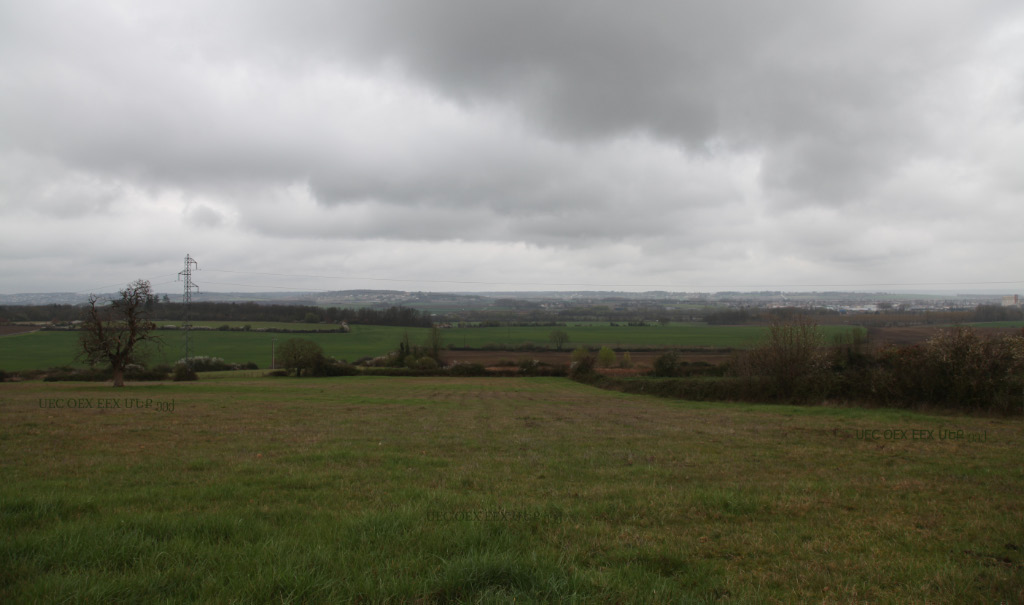 |
|
| |
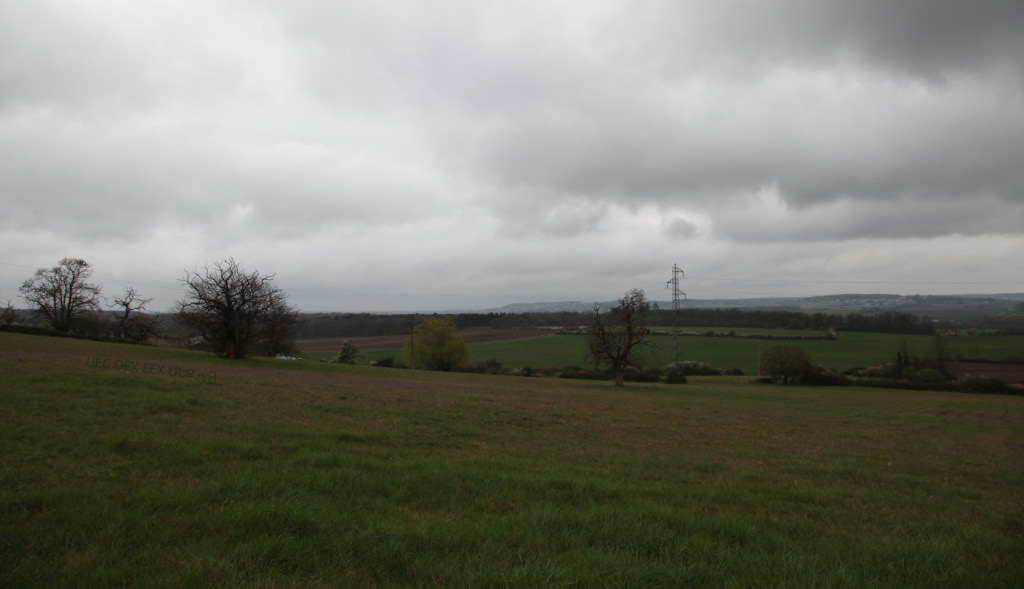
le 27 Mars 2011 |
| |
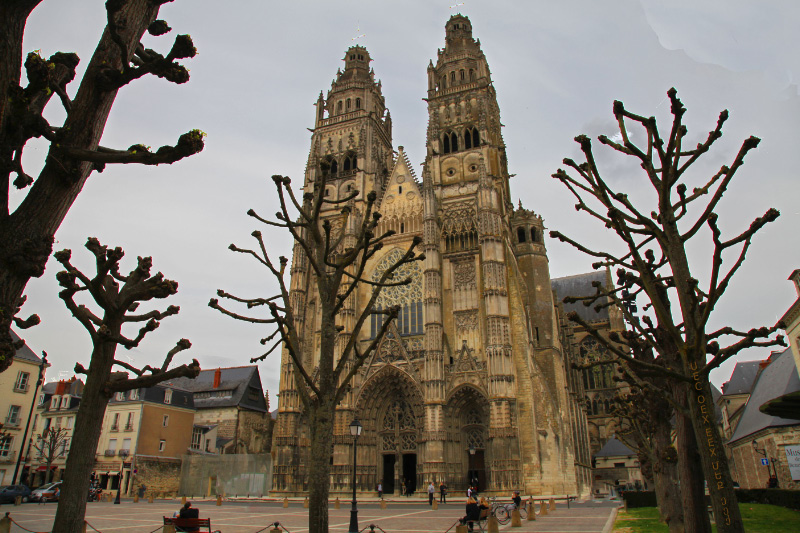 |
| |
|
Cathédrale Saint-Gatien de Tours |
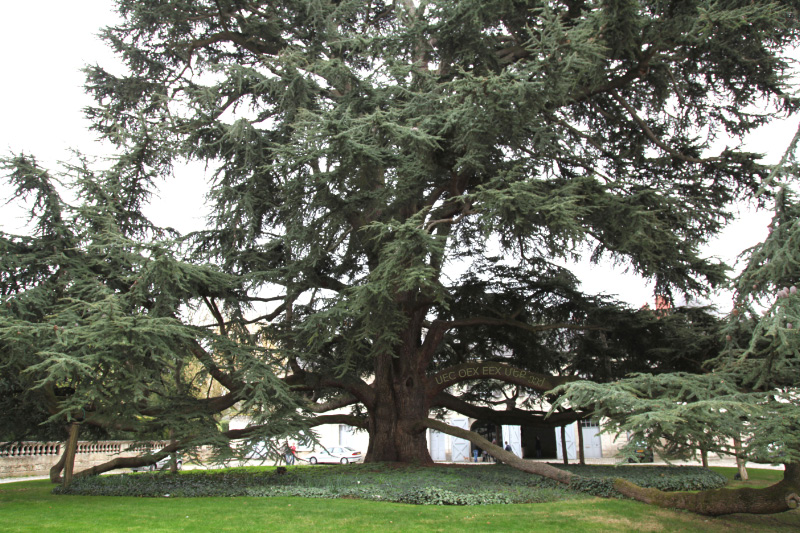 |
|
|
| Tours tree |
|
|
| |
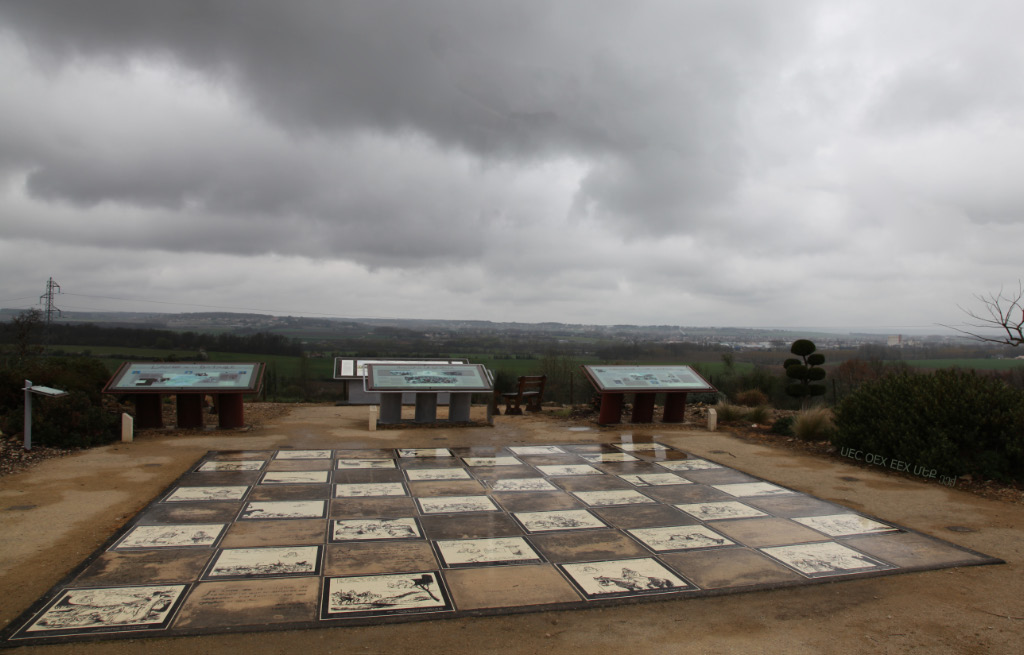 |
| |
|
A chessboard, a game among friends? This is who leads Twenty-First Century France? What happened to our Charles Martels and our Malleus Arianorums?
This is some effort to symbolically honor the Muslim invaders, sensitivity to their culture, praise for their achievements?
Well folks guess what, even assuming that we accept the enormous guesswork involved with such reconstructions, and that the game of Chess was in fact developed in the Sasanian Persian Empire, religiously these Persians (224 Anno Domini to 651 Anno Domini) were Zoroastrian and Christian. The Muslims added nothing. And regarding other cultural aspects and assessments, these Christian Persians were enormously distant from and superior to the Muslim Arab, Moor and Berber Nomad invaders of European Christendom in the Eighth Century. |
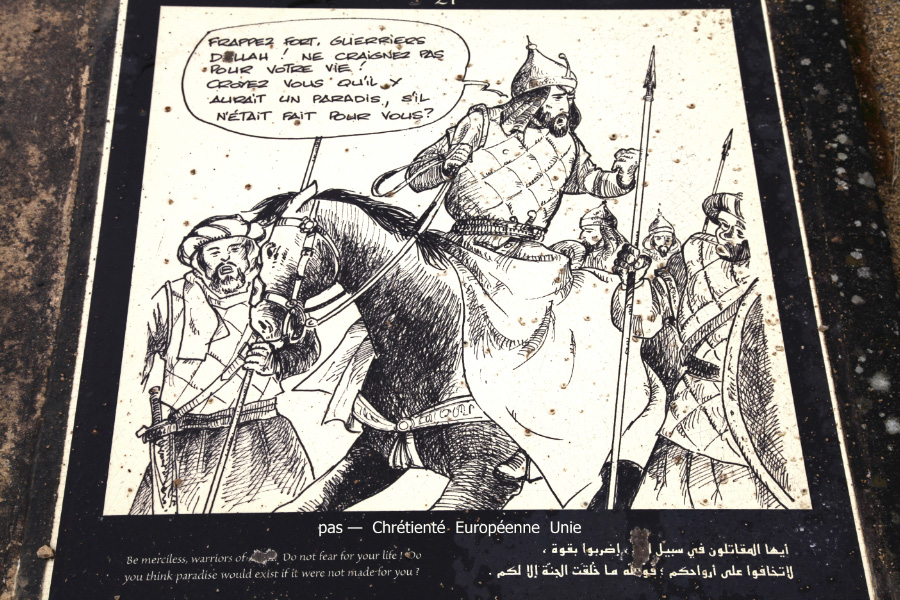 
|
|
 |
«... Cet homme était pieux, à la fois respectueuse et respectée ..."
Or, dans le 21e siècle, comment sommes-nous carénage dans les provinces françaises de la chrétienté européenne avec notre stratégie à long décennies d'apaiser les musulmans? Et les taux de fécondité musulmans en France sont 8,1 enfants par femme, tandis que les femmes françaises, les descendants de la chrétienté européenne, ont 1,8 enfants en moyenne, en fait mieux que la plupart des pays européens. Devinez qui va gagner si nous dans la chrétienté européenne ne change pas de cap à la hâte?
"...devout man, both respectful and respected..."
Now in the 21st Century, how are we fairing in the French provinces of European Christendom with our decades-long strategy of appeasing the Muslims? And Muslim fertility rates in France are 8.1 children per women, while French women, Descendants of European Christendom, have 1.8 children on average, actually better than most European countries. Guess who is going to win if we in European Christendom do not change course in a hurry? |
|